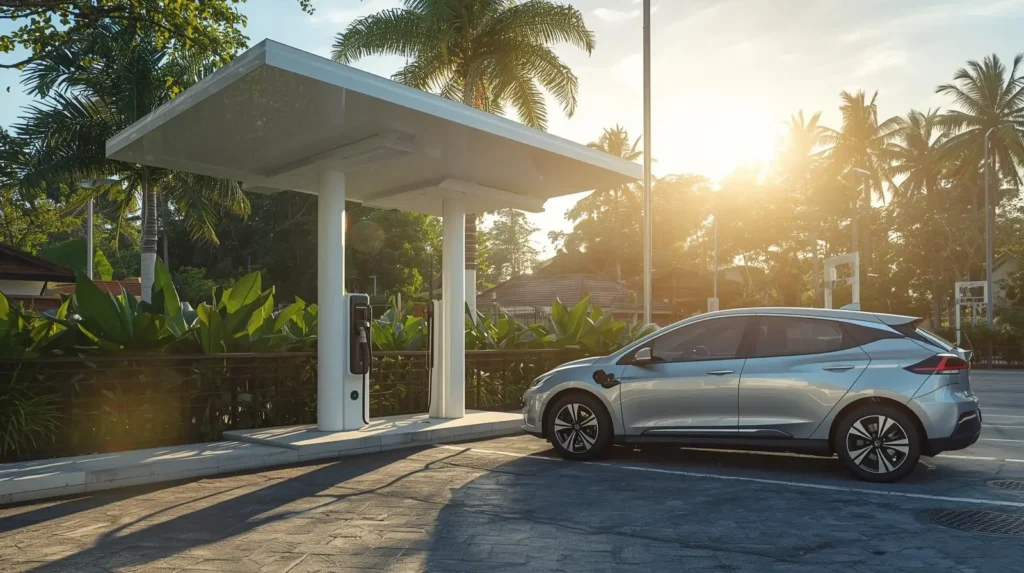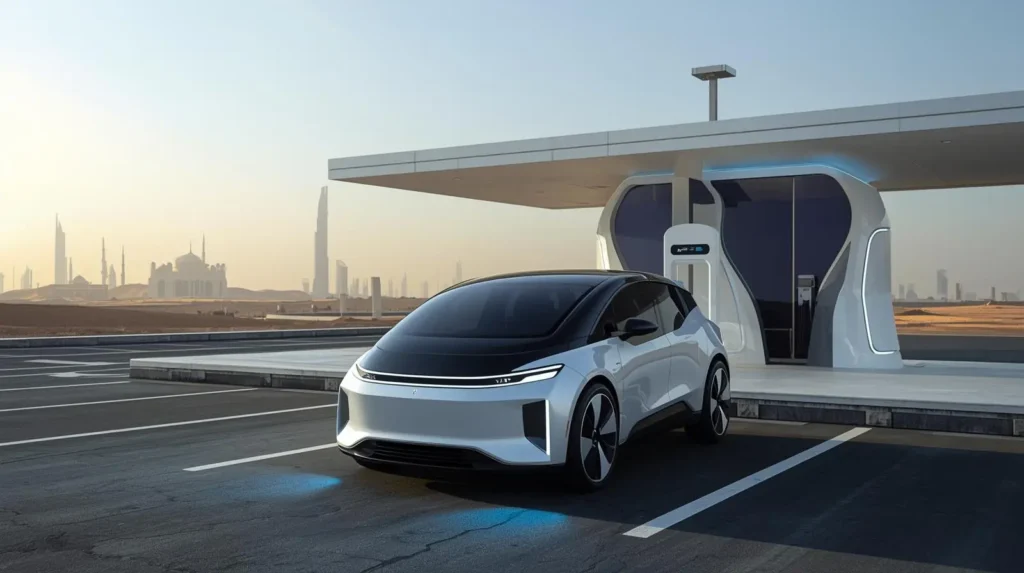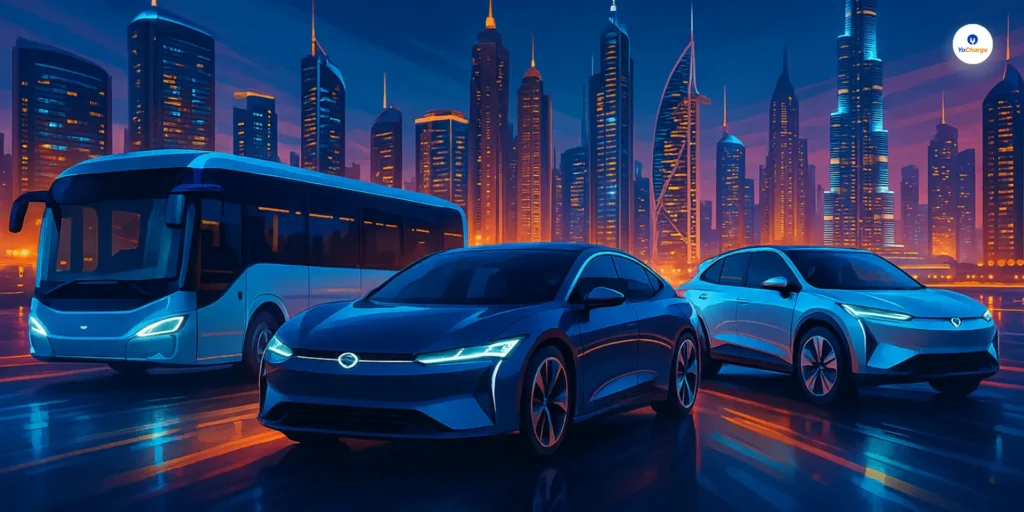The state of Punjab has taken a significant step towards curbing environmental pollution caused by vehicle emissions by introducing the Punjab Electric Vehicle Policy (PEVP) 2022. The policy, which was approved by the Punjab Cabinet in February 2023, aims to promote the adoption of electric vehicles in the state and reduce the harmful impact of traditional vehicles on the environment. In this article, we will discuss the key features of the Punjab EV Policy 2023 and its potential impact on the state’s transportation sector.

Objective
The main objective of the policy is to encourage the adoption of electric vehicles, with the aim of ensuring that 25% of all new vehicle registrations in Punjab are for electric vehicles by the end of the policy year. The Punjab EV Policy 2022 focuses on encouraging the use of electric vehicles in cities such as Ludhiana, Amritsar, Jalandhar, Patiala, and Bathinda, which account for more than 50% of the state’s total vehicle traffic.
Focus
The policy has three main areas of focus: driving adoption of two-wheelers through fiscal incentives, supporting the adoption of electric vehicles for public, shared, and goods transport, and creating adequate provisions for EV charging infrastructure.
The Punjab government aims to establish favorable conditions for the production of EVs, EV manufacturing facilities, EV components, batteries, and EVSE. Additionally, the state must work to establish a strong R&D environment in order to draw in the anticipated investments in the electric vehicle industry.
Features
To encourage the adoption of EVs, the policy focuses on a combination of fiscal and non-fiscal incentives for electric two-wheelers, three-wheelers, public/shared transport, and cargo carriers. The state’s first lakh EV purchasers will receive a financial incentive of up to Rs 10,000 under the new EV policy. A cash incentive of up to Rs 30,000 would be given to the first 10,000 purchasers of electric auto-rickshaws and cargo e-rickshaws. The first 5,000 buyers of light commercial vehicles would receive an incentive ranging from Rs 30,000 to Rs 50,000, while the first 5,000 buyers of e-carts will receive a bonus of up to Rs 30,000.
In addition to providing incentives, the policy also aims to waive EV customers from paying registration fees and road taxes. The charging infrastructure of EVs is another objective of the policy. The government emphasized the installation of charging stations in the state as part of its plan to build a vast network of charging infrastructure throughout Punjab, giving priority to the state’s Target Cities and Highways. An outlay of INR 115 crore has been announced as purchase incentives to support the adoption of 50k E2Ws, 10k E-Cycles, 5k E3Ws, 10k E-Carts, 5k eLCVs, and 2.5k e-garbage collection vehicles. An additional INR 4.2 crore subsidy has been allocated for 10k charging points.
The policy also supports the creation of an e-mobility Center of Excellence in collaboration with an academic partner or an industrial group. It is anticipated that the center would establish global standards for EV and smart transportation design, development, and certification.
Another noteworthy aspect of the policy is the emphasis on skilling, with an employment subsidy of INR 36,000/yr per male employee and INR 48,000/yr per female employee for a period of 3 years. Additionally, the first five anchor EV manufacturing units will receive a fixed capital incentive between INR 40 crore and INR 20 crore. There are also special incentives for E-tractor manufacturing units.
Conclusion
The Punjab government has taken a significant step towards reducing pollution and encouraging the adoption of electric vehicles with the announcement of the PEVP 2022. The policy offers a range of incentives for EV purchasers, charging infrastructure providers, and manufacturers, which will help to create a more sustainable and eco-friendly transportation system in Punjab.



